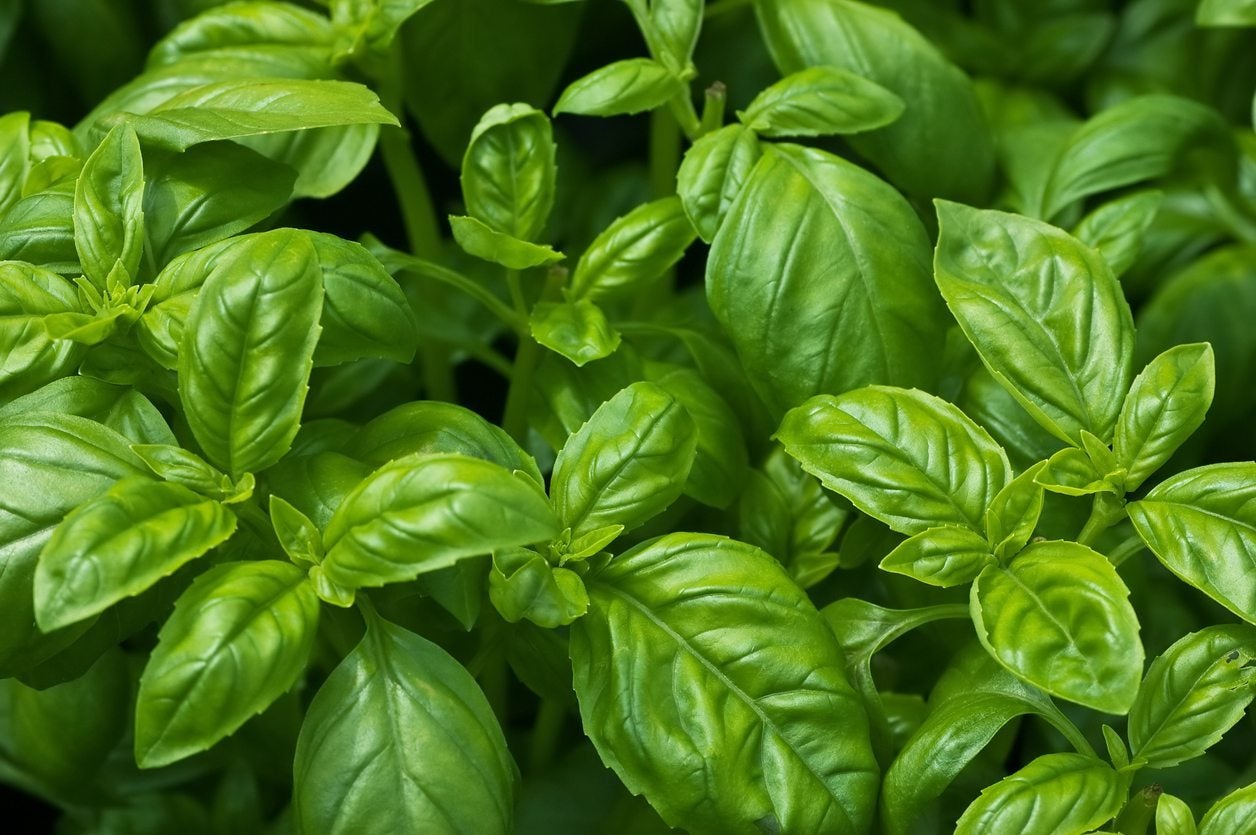Zone 9 Herb Plants – Guide To Growing Herbs In Zone 9


You’re in luck if you’re interested in growing herbs in zone 9, as growing conditions are nearly perfect for just about every type of herb. Wondering what herbs grow in zone 9? Read on to find out about a few great choices.
Herbs for Zone 9
Herbs thrive in warm temperatures and at least four hours of bright sunlight per day. The following list provides good examples of zone 9 herb plants that thrive in plenty of morning sunlight, with a little protection during the afternoon.
The herbs below need at least six to eight hours of direct sunlight per day. Otherwise, these hot weather herbs won’t produce the essential oils that provide their distinctive aroma and flavor.
Growing Herbs in Zone 9
Nearly all zone 9 herb plants require well-drained soil and tend to rot when conditions are soggy. As a general rule, don’t water until the top 2 inches (5 cm.) of soil feels dry to the touch. Don’t wait, however, until the soil is bone dry. Water immediately if the herbs look wilted. If the soil is poor or compacted, zone 9 herb plants benefit from a little compost or well-rotted manure worked into the soil at planting time. Herbs for zone 9 also require adequate air circulation, so be sure the plants aren’t crowded. Some herbs, such as sage, mint, marjoram, oregano, or rosemary, need a little extra room to spread, so allow at least 3 feet (91 cm.) between each plant. Others, like parsley, chives, and cilantro can get by in a relatively small space. On the other hand, some herbs are rambunctious and may become invasive. Mint, for example, can be a real bully. Lemon balm, a member of the mint family, can also squeeze out other plants if it isn’t reigned in. If invasiveness is a concern, these plants do well in containers. Herbs generally don’t need much fertilizer and too much may produce large plants with very little essential oil. If you think fertilizer is necessary, mix a small amount of organic fertilizer into the soil at planting time. Otherwise, don’t worry about feeding herbs unless the plants look tired or faded. If that occurs, provide an organic liquid fertilizer or fish emulsion mixed at half strength. Keep zone 9 herb plants well-trimmed and don’t let them go to seed.
Gardening tips, videos, info and more delivered right to your inbox!
Sign up for the Gardening Know How newsletter today and receive a free copy of our e-book "How to Grow Delicious Tomatoes".

A Credentialed Garden Writer, Mary H. Dyer was with Gardening Know How in the very beginning, publishing articles as early as 2007.